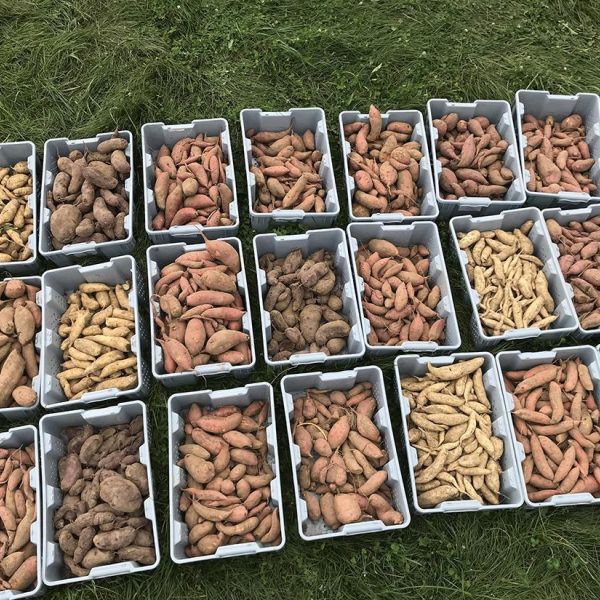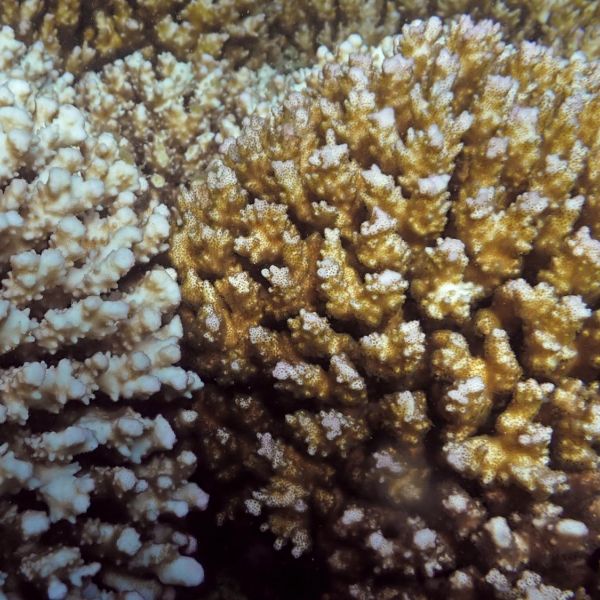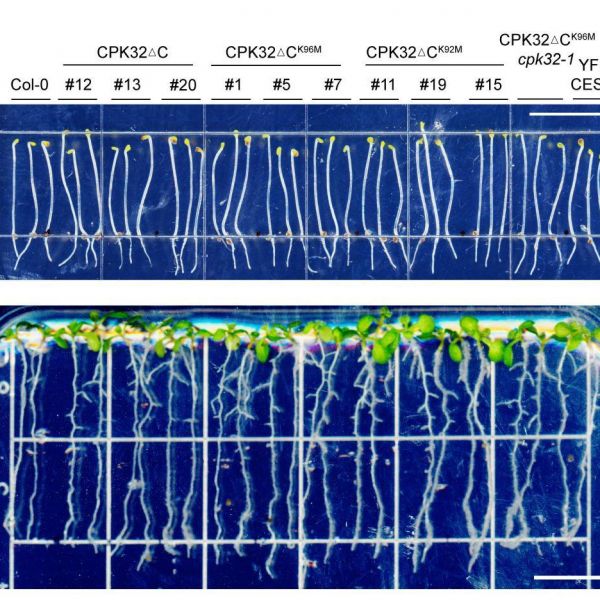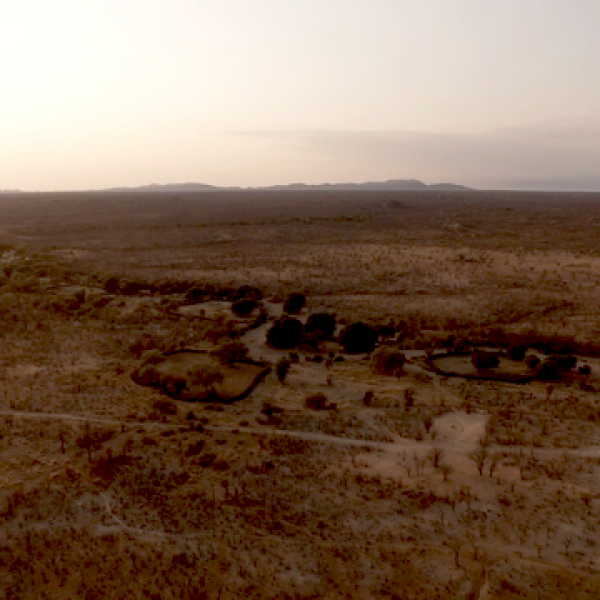News

Jul 19, 2023
Crop physiologist to study phosphorus availability and storage root growth
A researcher in Penn State’s College of Agricultural Sciences has received a $650,000 grant from the U.S. Department of Agriculture to lead a multi-university team in a study focused on the anatomical, physiological and genetic factors underlying phosphorus-stress-induced reprogramming of storage root architecture.
Full Article

Jul 18, 2023
Two honored with Eberly Distinguished Faculty Mentoring Award
Two members of the Eberly College of Science have been selected to receive the college's Distinguished Faculty Mentoring Award in 2023.
Full Article

Jul 18, 2023
Some corals may survive climate change without paying a metabolic price
If, as the saying goes, "nothing in life is free," then corals might pay a price for being resilient to climate change.
Full Article

Jul 14, 2023
Penn State announces faculty recipients of 2023-24 U.S. Fulbright Scholar awards
Eleven Penn State faculty have received Fulbright Scholar Awards for the 2023-24 academic year, according to the Fulbright U.S. Scholar Program.
Full Article

Jul 14, 2023
Bioluminescent bacteria coordinate signaling to colonize squid’s light organ
Bioluminescent bacteria and the Hawaiian bobtail squid have formed a longstanding mutually beneficial relationship.
Full Article

Jul 12, 2023
Growing cover crops under vineyard vines is a sustainability strategy
A new study by Penn State researchers shows that in regions with fertile soils that receive plenty of rainfall, growing cover crops under the vines so that the vineyard floor is completely covered with vegetation is a sustainable strategy.
Full Article

Jul 11, 2023
Newly identified protein regulates the creation of cellulose in plant cells
Cellulose — an integral component of plant cell walls — is an important source of food, paper, textiles and biofuels, but how its creation is regulated within plant cells has remained unclear.
Full Article

Jul 11, 2023
Penn State Master Gardeners honored internationally for bee monitoring work
Penn State Extension Master Gardeners triumphed at the International Master Gardener Conference held June 18-22 in Overland Park, Kansas, earning first place in the research category of the David Gibby Search for Excellence Awards for their exceptional volunteer work and dedication to bee monitoring.
Full Article

Jul 07, 2023
Slavković named Huck Chair in Data Privacy and Confidentiality
Aleksandra "Seša" Slavković, professor of statistics and public health sciences and associate dean for graduate education in the Eberly College of Science at Penn State, has been appointed Dorothy Foehr Huck and J. Lloyd Huck Chair in Data Privacy and Confidentiality.
Full Article

Jul 06, 2023
Mobile phone data used for public health underrepresent vulnerable populations
Mobile phone data are increasingly used in public health management and disease outbreak response, as demonstrated during the COVID-19 pandemic when location data were used as a proxy for human movement and contacts.
Full Article